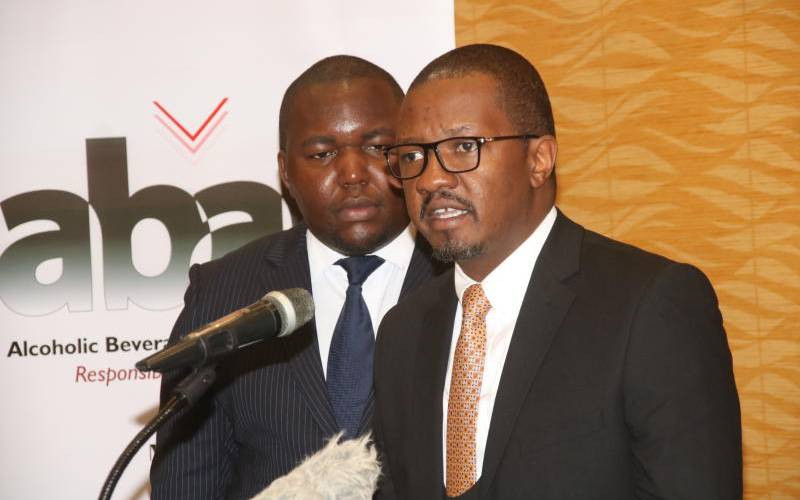
Alcohol manufacturers have opposed the move by the government to force them to pay excise duty in advance, saying it will only spur the production of illicit alcohol in Kenya.
The Alcoholic Beverages Association of Kenya (ABAK) said compelling legal alcohol manufacturers to pay excise duty within 24 hours upon removal of goods from the stockroom will punish innocent players due to failures in managing illicit alcohol in Kenya. They noted that while the proposal, which was not taken through public participation and only inserted in the Finance Bill by the National Assembly's Finance Committee, was meant to prevent the trade of illicit alcohol, it is more likely to end up promoting it.